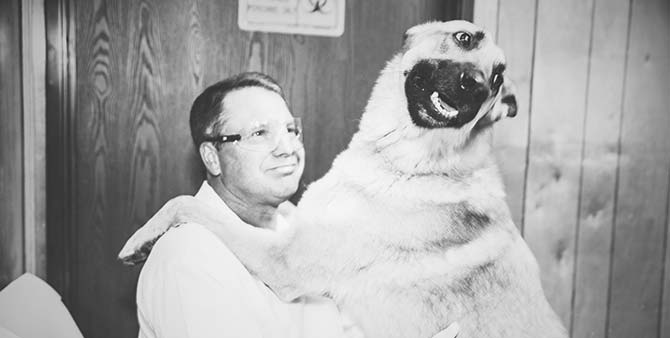In Situ Foundation has spent thousands of hours, spanning many years, developing the scientific protocols that are needed to train cancer detection dogs and their handlers.
We use samples collected by doctors, which are sent to us and stored in an -80 degree medical freezer.
It takes over 300 samples to train one dog. All of our dogs are trained on cancer samples, healthy control samples, and disease control samples. It takes anywhere between 6 to 8 months to train and certify a cancer detection dog. Our dogs must also be friendly and social, since they will work with people. Dogs do not sniff an actual person — they sniff samples such as breath, plasma, urine and sputum (saliva).
Dogs are presented with a known cancer sample for training, and they are rewarded for being able to determine the cancer sample from the healthy samples. Over time, the odor of “cancer” is generalized, which is of extreme importance when training a medical scent detection dog. A very large number of samples are used, and we never re-use a sample for training or testing our dogs accuracy levels.
All accuracy levels were attained by doing “double-blinded” trials, where brand new samples are numbered, and the dog is able to find all of the new, different cancer samples among brand new healthy controls and disease controls. This way, we can be sure the dog has “generalized” the “cancer odor”, and is not merely memorizing samples.

Dogs work in a laboratory setting, which is like a giant playroom for them.
They are always happy to work, and they don’t want to stop when we are done. This is due to their training. We use positive reinforcement, clicker training, ball, treats, love, petting and play, as rewards for finding the cancer sample. What dog wouldn’t want to do that? When your dog “knows” you’re getting ready to take a walk, that’s how our dogs act when it’s time to “work”. Work to our dogs equals play, so they are having a total blast, while making major transformations to the field of medicine.
